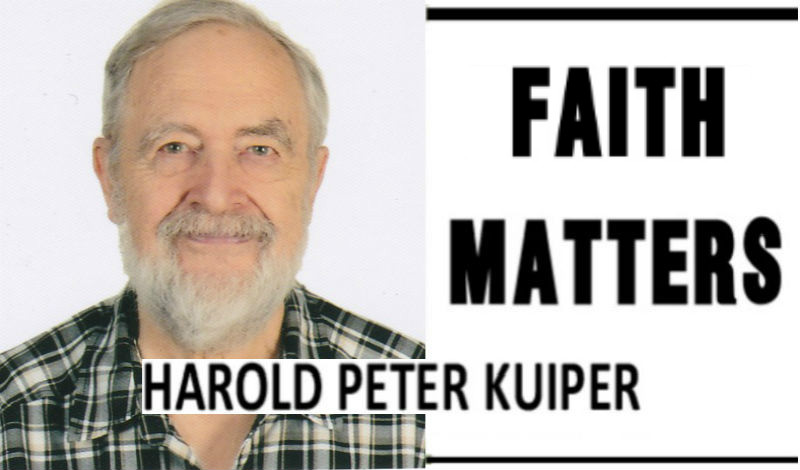Last week I closed this column with Some inmates discovered the joy of a new home: knowing God in Christ, and doing his will. How about you? Remember, “Home is where the heart is,” and He’s only a prayer away! This is true, but true prayer, involving real faith, not just “religion”, issues in obedience and new life—loving God, and one’s neighbor—the person or situation that needs you.
In his book Loving God, Charles Colson tells the story of a Jewish doctor, Bernard Kornfeld, who became a Christian in a soviet prison. He was martyred for refusing to sign a dishonest document and for reporting a thug who stole bread from starving inmates.
His quiet testimony led to the conversion of one of Russia’s greatest writers, Alexander Solzhenitzyn, who had been suffering in the gulag for 15 years.
“For Kornfeld’s words did their convincing, convicting work, touching what Solzhenitsyn later called ‘a sensitive chord.’ That was his moment of spiritual awakening; ‘God of the universe, I believe You again! Though I renounced You, You will be with me’ he cried out. It was a spiritual transfusion—life taken from one man and pumped into another for God’s sovereign purpose.
“In more recent times, the great colonial pastor Cotton Mather prayed for revival several hours each day for twenty years; the Great Awakening began the year he died.
“The British Empire finally abolished slavery as the Christian parliamentarian and abolitionist leader William Wilberforce lay on his deathbed, exhausted from his nearly fifty-year campaign against the practice of human bondage.
“Few were the converts during Hudson Taylor’s lifelong mission work in the Orient; but today millions of Chinese embrace the faith he so patiently planted and tended.
“Some might think this divine pattern cruel, but I am convinced there is a sovereign wisdom to it. Knowing how susceptible we are to success’s siren call, God does not allow us to see, and therefore glory in, what is done through us. The very nature of the obedience He demands is that it be given without regard to circumstances or results. A scriptural analogy of the unquestioning obedience God expects is found in Jesus’ healing of the centurion’s servant.
“Matthew and Luke tell how the officer came to Christ on behalf of his paralyzed servant; when Jesus offered to go home with him, the centurion quickly replied that he knew Christ need only give the command and the man would be healed. (But say the word only, and my servant will be healed.)
“The centurion understood about such things because when he ordered his troops to go, they went; in the same way he perceived Jesus’ authority as that of a military commander to whom one gives unquestioning allegiance. Joyful to discover such faith, Jesus not only healed the servant, but used the centurion as an example of faith in His comments to the crowd.
“The Bible makes clear, and experiences such as Kornfeld’s confirm, that unquestioning acceptance of and obedience to Jesus’ authority is the foundation of the Christian life. Everything else rests upon this. It also provides the key to understanding what is for many the great mystery of Christianity: faith.
“Saving faith—that by which we are justified, made right with God—is a gift of God; (which we should pray for, I’d add) and, yes, it involves a rational process as well since it comes from hearing the Word of God. ‘All right,’ the struggling Christian may say, ‘but practically speaking, how does my faith become real? How do I get that vibrant, strong faith of Christian maturity?’
“That’s where obedience comes in. For maturing faith — faith which deepens and grows as we live our Christian life—is not just knowledge, but knowledge acted upon. It is not just belief, but belief lived out—practiced. James said we are to be doers of the Word, not just hearers.”
Be lovers of God, in other words—And preach thee too, as love knows how, with kindly words and virtuous life. {“Faith of Our Fathers.”) And Jesus said Anyone who chooses to do the will of God will find out whether my teaching comes from God or whether I speak on my own. John 7: 17. I John 4 adds , And he has given us this command: Anyone who loves God (who “is love” proven at the Cross) must also love their brother and sister (or neighbor).














